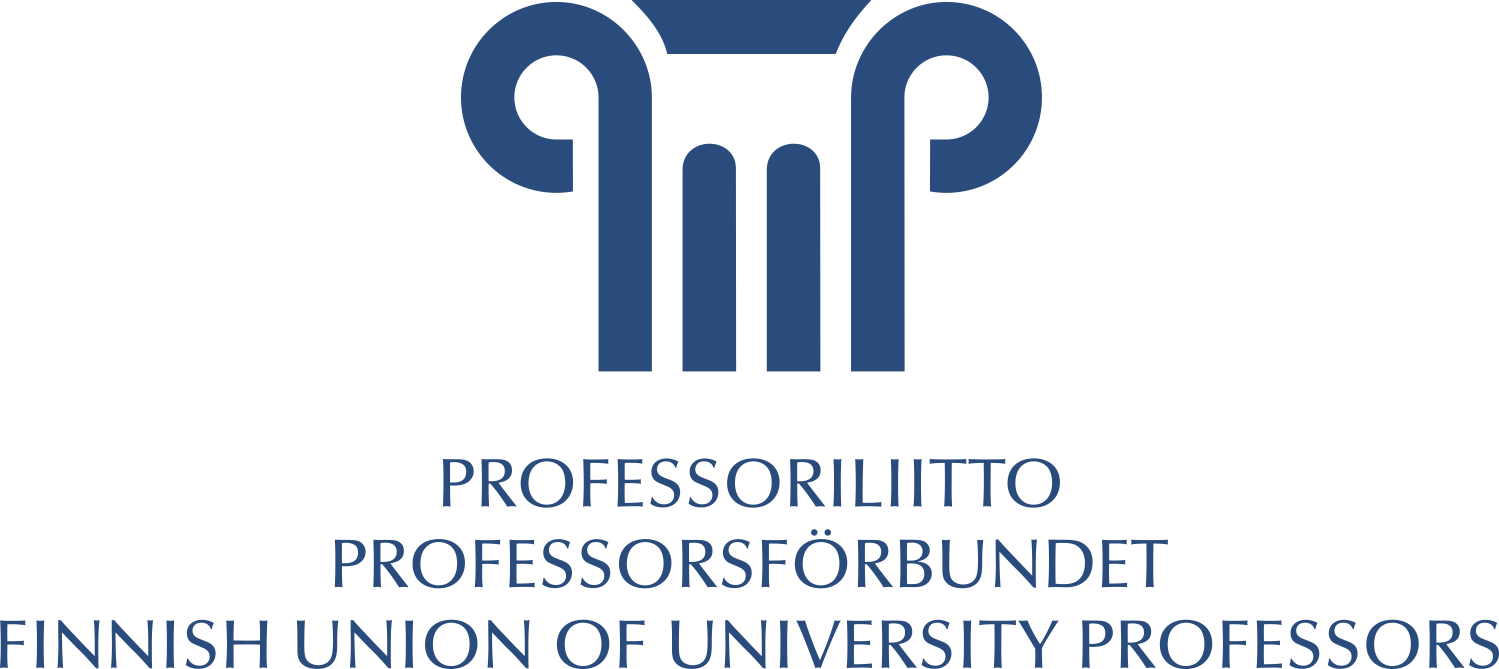Ethical guidelines
Fundamental values guiding the work of professors
The profession of professors is as old as the university institution itself, and professors have been and are key advocates for science, education and culture. As members of the academic community, professors foster the cultural heritage within society, generate and convey new knowledge through research and teaching as well as participate in artistic creation. Through their work, professors defend the autonomy of science as well as the freedom of research and higher education, teach students to serve their country and humankind, and draw on their expertise to contribute and enhance the functioning of society.
Ethical guidelines
1 Cultural heritage of science and art and its transmission
Professors commit to accumulating and transmitting the cultural heritage of science and art with honesty, integrity and fairness and without allowing economic, political, religious or other interests outside science and art to direct their activities.
2 Generation of new knowledge and artistic creation
Through their own work, professors generate new scientific knowledge and participate in artistic creation in a way that is both truthful and critical. Through their own activities, professors promote high-quality science and art, the publicity of science and methods that are in line with good scientific practice.
3 Autonomy for scientific and artistic work
The work of professors is driven by the passion and desire to understand and interpret reality and to communicate the results of research. As part of their responsibility to develop their field of study, professors do not allow economic, political or ideological aspects to define the starting points, results or publication of the research, nor, under pressure, remain silent about the bases and results of their work.
4 Higher education based on research
Professors steer students to adopt a scientific mindset and approach, to apply it and to critically evaluate the information available in different sources. When advising and teaching students, professors treat them equally and provide encouragement. Professors pass on research-based knowledge to students and ensure that reliable knowledge is disseminated and freely accessible, also for society at large.
5 Collegiality and membership in the academic community
Professors are members of a global scientific community. When participating in scientific discourse, professors treat other researchers with dignity and recognition of their merits, regardless of any possible scientific disagreements between the parties. As members of the research community, professors shall act openly, carefully and honestly and treat members of the work community with respect. As part of their management approach, professors are encouraging, support equality, oppose discrimination and promote the prerequisites for basic academic work and the well-being of the work community.
6 Societal interaction
By virtue of and within the boundaries of their expertise, professors participate in social discourse and facilitate the interaction between the scientific community and the rest of society.
7 Maintenance of professional competence and personal development
Professors maintain their knowledge and expertise and develop their own competence within scientific research or artistic pursuits, teaching, management duties and societal interaction.
Approved by the Union Council on 25 November 2022
